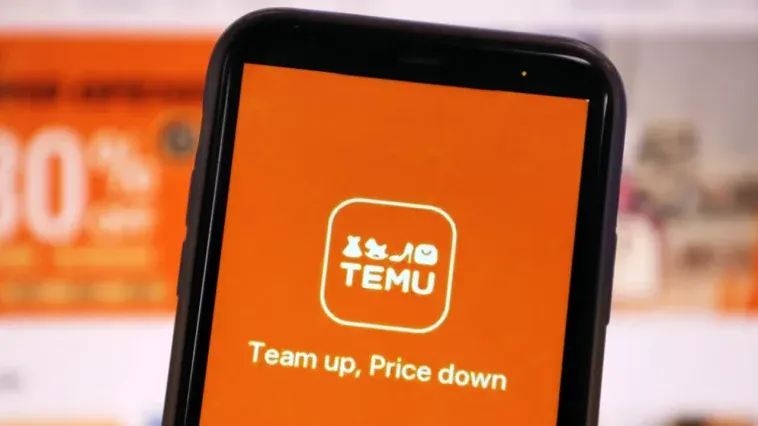(GreatGameIndia) According to market insights firm Sensor Tower, four out of the five hottest apps in the U.S. in March were Chinese, and the most downloaded one was the seven-month-old app, Temu.
The concern around TikTok in Washington is drawing fresh attention to how Chinese apps have woven themselves into the fabric of young Americans’ lives—and what makes them so popular.
Four of the five hottest apps in the U.S. in March were forged in China. Algorithms are often cited as their secret sauce. An often overlooked facet is how cutthroat competition for users at home has given Chinese firms a leg up over Western rivals.
Much like during China’s rise to manufacturing dominance a few decades ago, Chinese tech companies have harnessed a labor pool of affordable talent to constantly fine-tune product features.
The nonstop drive to get better even has a term in China’s tech industry: “embroidery.”
“Everybody works on improving their craft, stitch by stitch,” said Fan Lu, a venture-capital investor who invested in TikTok’s predecessor Musical.ly.
Seven-month-old Temu was the most downloaded app across U.S. app stores during the first three weeks of March, according to market-insights firm Sensor Tower. It was followed by TikTok’s video-editing partner app CapCut and TikTok itself. Fast-fashion retailer Shein came in fourth. Then came Facebook, the only non-Chinese app among the top five.

One illustration of how immersed American consumers are in an app ecosystem created by Chinese companies: Under the hashtags #temuhaul or #sheinhaul, Gen-Z shoppers have taken to display the result of their shopping sprees in TikTok videos with captions such as “$50 worth of very RANDOM items on TEMU.”
The apps came out of companies founded by a younger generation of tech entrepreneurs who are looking for global growth as China’s firewalled market becomes saturated. They are backed by China’s vast pool of tech talent: While Temu is a shopping site, more than half its workforce are engineers focused on getting people to swipe and buy.
Chinese internet companies’ organizational efficiency is overlooked by their American competitors, say investors, engineers and analysts. The Chinese firms spend lavishly to push their apps in the U.S. They leverage China’s one billion internet users to test user preferences and optimize their AI models at home, then export the tech overseas.






